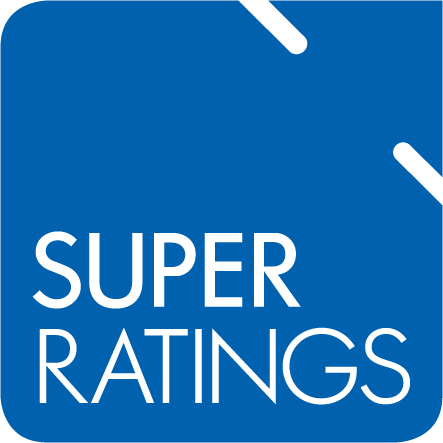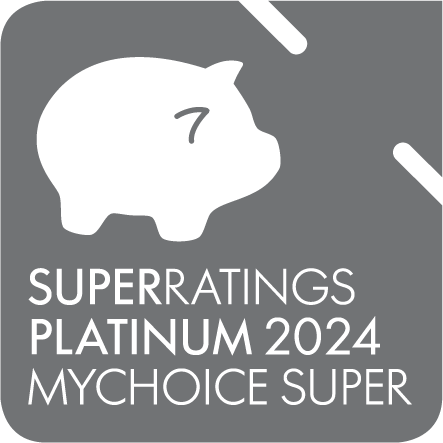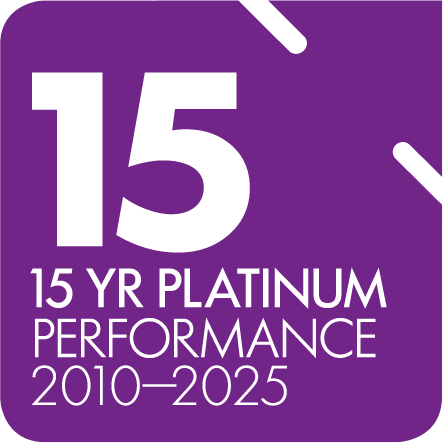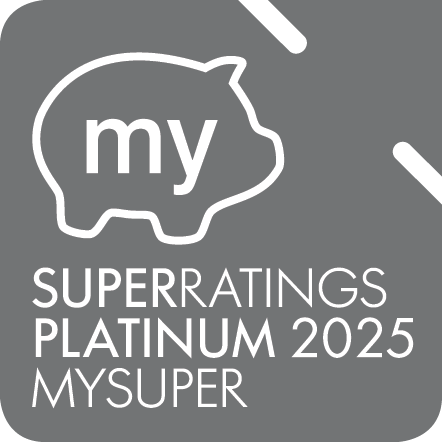What is a permanent incapacity claim?
Permanent incapacity is the early release of your superannuation account balance if you have an illness or injury that’s likely to stop you from ever working again in any occupation you’re qualified to do by education, training, or experience.
Who’s eligible to claim?
To be eligible to make a permanent incapacity claim, you need two registered medical practitioners to certify that, due to your ill-health (physical or mental), you’re unlikely to return to work again in the future.
How long does it take?
Every claim is different, and the length of the claims process can vary depending on personal circumstances, as well as the availability of information required from you and your doctors and specialists. We aim to finalise permanent incapacity claims within one month from when both medical certificates are received.










